KUALA LUMPUR (Oct 2): The take-home message from the recently held 7th International Conference on World Class Sustainable Cities (WCSC) 2015 is that smart partnerships between local governments and people are key to successful urban regeneration, WCSC organising chairman Datuk N K Tong told The Edge Property.
“The city is ultimately for its city dwellers, and feedback and aspirations of the people will better help city officials direct their work in delivering tangible benefits for the people,” he said.
The theme of this year’s edition of WCSC is “Urban Regeneration Through Smart Partnerships”. It attracted more than 500 participants, including around 100 Kuala Lumpur City Hall (DBKL) officers, and residents’ association representatives, as well as more than 20 government ministries and local councils from across Malaysia.
The full-day conference on Sept 29 saw keynote addresses by the CEO of CityMart, Barcelona, Spain, Sascha Haselmayer; director of University of Arkansas Community Design Centre in the US, Stephen Luoni; director of planning and environment, Gold Coast, Australia, Dyan Currie; and journalist and founder of Rolfsdotter AB, from Malmo, Sweden, Catarina Rolfsdotter-Jannson.
Tong said the four speakers showed examples of how urban regeneration can be achieved in an impactful way with smart partnerships between the business community and city dwellers.
“Sascha’s presentation was especially eye opening. It gave a fresh perspective on how city governments around the world have started to develop smarter procurement processes, not by asking for pricing for narrowly specified solutions, but sharing very clearly articulated problems, and inviting bids for solutions that could solve the problems,” he said. He added that the wide use of technology and social media enables socialising and soliciting for solutions.
“Sascha also said you have to acknowledge the problem before you can solve it. Go to the younger people who have different opinions and different solutions and ideas,” he said.
Rolfsdotter-Jannson talked about her hometown in Sweden — one of the most bicycle friendly cities in the world, allowing her to bike 350 out of 365 days a year, even during winter. She said public transport in Malmo is prioritised over cars and the city centre is car-free. It takes just 30 minutes to cycle across the city of 320,000 people, she added.
Meanwhile, Luoni encouraged tapping university students to solve problems, and Currie elaborated on transport hubs as the backbone for ongoing development.
“While many of these themes have been presented at previous WCSCs, it was refreshing to see these common themes re-emerge and how different cities interpret them differently and successfully,” Tong noted.
The master class sessions that were included in the conference programme and held on Sept 30 also went well. Tong said there was engagement between DBKL officers, residents’ association representatives, and industry professionals, in concurrent half-day sessions led by Haselmayer and Luoni. The sessions explored regeneration opportunities in the Sungai Besi and Chow Kit areas.
“While the focus was on these two areas within KL, the process of consultation, discussion, brainstorming and decision-making was just as valuable, and DBKL officers went away with valuable feedback to study more options,” he said.
This article first appeared in The Edge Property pullout, on Oct 2, 2015. Download The Edge Property for free.
TOP PICKS BY EDGEPROP

VIVO Residential Suites
Jalan Klang Lama (Old Klang Road), Kuala Lumpur
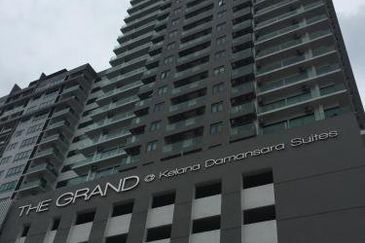
The Grand @ Kelana Damansara Suite
Kelana Jaya, Selangor
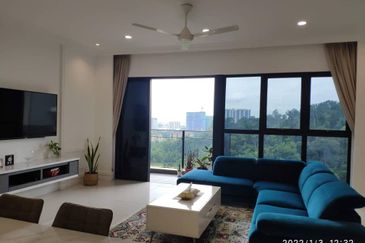
Secoya Residences
Pantai Dalam/Kerinchi, Kuala Lumpur
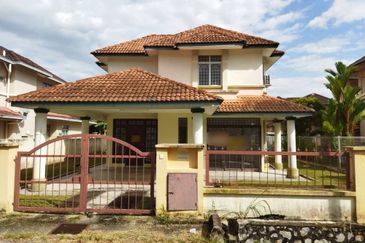
Taman Tasik Semenyih (Lake Residence)
Semenyih, Selangor
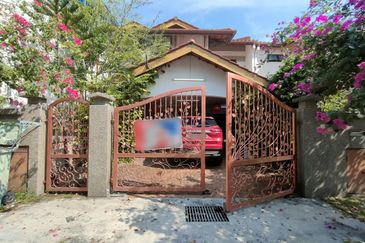
Suadamai, Bandar Tun Hussein Onn
Cheras, Selangor
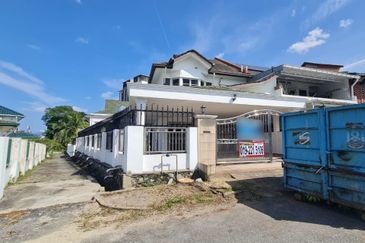
Suadamai, Bandar Tun Hussein Onn
Cheras, Selangor
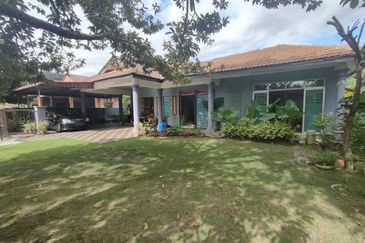
Taman Tasik Semenyih (Lake Residence)
Semenyih, Selangor

Damansara Heights (Bukit Damansara)
Damansara Heights, Kuala Lumpur
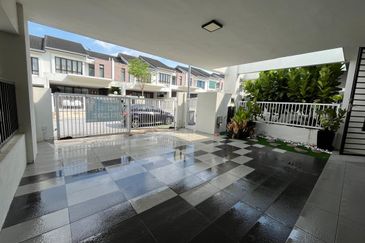
BANDAR AINSDALE FASA 3B (TENANG)
Seremban, Negeri Sembilan

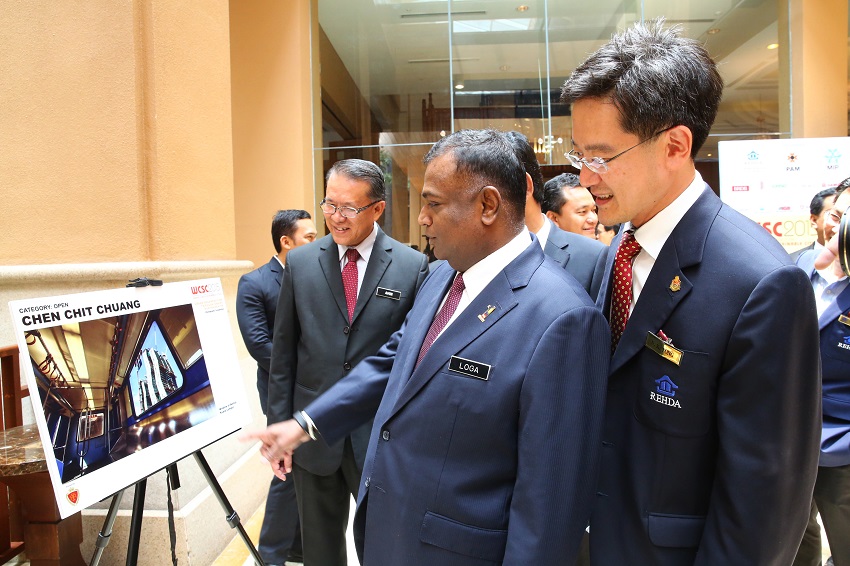
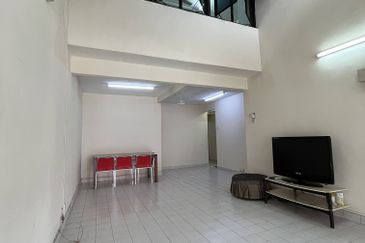
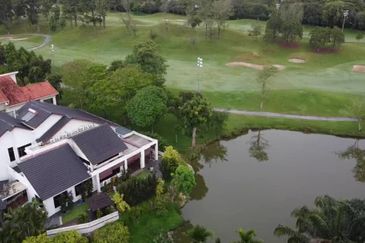

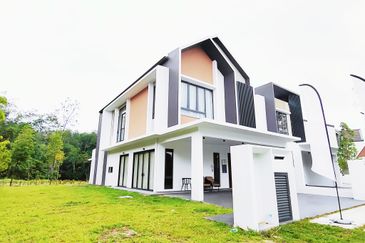
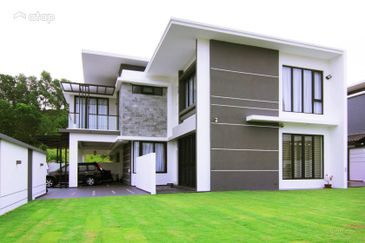
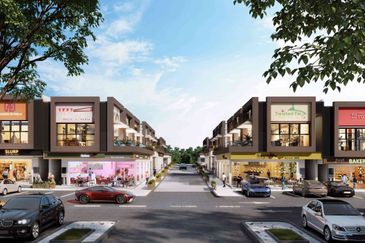

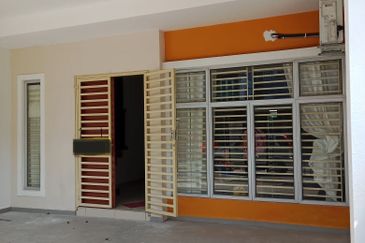
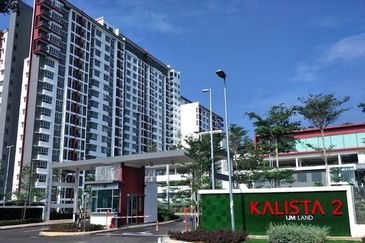
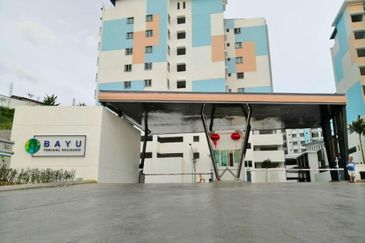
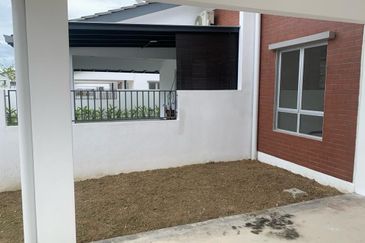
hero.jpg?GPem8xdIFjEDnmfAHjnS.4wbzvW8BrWw)



